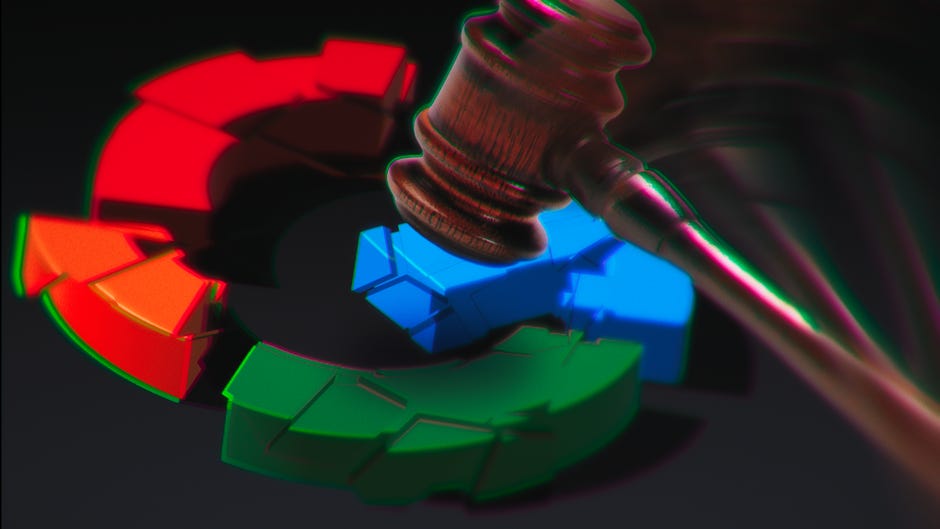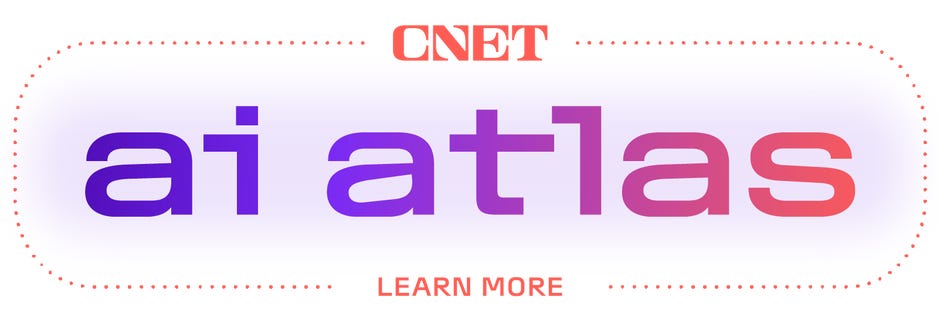
The US Department of Justice and Google are facing off in court over allegations that the company is illegally maintaining its dominance in the search engine market. The DOJ is advocating for Google to sell off some of its key assets, including its Chrome browser. The hearings began April 22 and are expected to last three weeks, with the second week coming to an end Friday.
The Chrome proposal has attracted interest from several tech companies, including OpenAI, Perplexity AI and Yahoo, all expressing willingness to purchase Chrome should the court mandate its sale.
This legal battle has the potential to alter how technology firms operate and impact the way individuals obtain information from their internet searches. Attorneys for the government argue that this shift is necessary. made their case In their opening remarks, they argued that Google must divest itself of Chrome, its web browser, as it steers users toward the Google search engine.
A Justice Department attorney named David Dahlquist stated back then that Google should also be compelled to assist competing search engines from which it has unjustly excluded them.
"It’s now up to the court to inform both Google and every other monopolist tuned in—because they definitely are—that there will be repercussions for violating antitrust regulations," Dahlquist stated. according to The New York Times.
Google counters
Google's lawyers say any remedies should only consider Google's deals with companies such as Apple, Mozilla and Samsung to make it the default search engine for smartphones and other devices.
"As far as I'm concerned, Google earned its position in the market through legitimate means," stated Google attorney John Schmidtlein. according to NBC News.
Judge Amit P. Mehta, who presides over the US District Court for the District of Columbia, is currently overseeing hearings where high-ranking officials from prominent technology and AI firms are giving testimony.
Once Mehta listens to the arguments, he's anticipated to issue remedies by the end of summer.
Google presently reigns supreme in the realm of online searches, boasting over 89% of the worldwide market share. according to GlobalStats, dropping slightly from 91% last summer.
A representative for Google referred digitalwealthpath2025to the company's online statement from before the hearings began. In it, company Vice President Lee-Anne Mulholland says such sweeping remedies would harm America's economy.
Mulholland calls the action "a backwards-looking case" and says the DOJ proposal would make it harder for users to get to preferred services, would prevent the company from competing fairly and would force Google to share users' private search queries with other companies.
OpenAI, Perplexity, and Yahoo are interested in purchasing Chrome.
In the early stages of the trial, Nick Turley, an executive from OpenAI, stated that his company might consider purchasing the Google Chrome browser should Google be compelled to sell it.
He also said, according to Reuters reported that ChatGPT, OpenAI’s AI chatbot, is still “many years” from achieving its objective of using its proprietary search technology to address approximately 80% of questions. During his testimony, Turley mentioned that Google had turned down OpenAI’s request to incorporate Google’s search capabilities into ChatGPT.
Additionally, two other firms—Perplexity AI and Yahoo—have shown interest in acquiring Chrome.
In the courtroom, the main executive from Perplexity, named Dmitry Shevelenko, expressed his firm's desire to acquire Chrome .
BrianProvost, who serves as Yahoo’s general manager for search, also testified that his company is interested in acquiring Chrome. Yahoo has been developing its own browser prototype but believes purchasing Chrome is a faster route to increasing its search market share, according to The Verge.
DOJ launches second antitrust push against Google
In a parallel antitrust push , the DOJ is also pressing for Google to break up its digital advertising business, including a forced sale of its publisher ad server business and ad exchange tools, a move the agency says would restore fairness to the online ad market. According to the DOJ, the tech giant relied on unlawful tactics to shut out rivals in the digital ad markets where online ads are bought and sold.
U.S. District Judge Leonie Brinkema scheduled the trial for September 22 following arguments from both Google and the Justice Department regarding potential solutions in the case. Google argues that such measures could adversely affect publishers as well as end up damaging online users.
Potential outcomes
Numerous events could unfold for Google, potentially leading to the division of the corporation itself. Should this type of sanction be implemented, it could entail separating the company’s Chrome web browser from the rest. Android smartphone operating system divisions.
The Department of Justice aims to prevent Google from establishing exclusive deals that would designate its search engine as the default option on various devices and web browsers. Additionally, they seek to require Google to provide specific user information to rivals so as to create more equitable competition.
This would mark the government's initial effort to break up a corporation due to worries about unlawful monopolization since their failed attempts to do so before. break up Microsoft two decades ago.
Google might also face pressure to provide its data to rivals or relinquish the commercial agreements that established the Google search engine as the default option on various devices like this one. iPhone .
Could Google settle?
My intuition tells me that Google will reach an agreement with certain concessions," Professor Chirag Shah from the Information School at the University of Washington stated to digitalwealthpath2025. "Three major issues are being discussed: the Chrome browser, Google’s agreements with Apple and other companies for setting their default search engine, and the advertising sector where Google holds a dominant position along with vast amounts of data. I doubt the FTC will achieve everything they want," he added, referencing the US Federal Trade Commission. "So, the key question becomes what kind of deal could satisfy both parties involved?
OpenAI, Microsoft, and Apple have all gained advantages due to Google's dominance yet they also directly compete with the search leader, according to Shah, who referred to them as "frenemies."
Next up, we have companies such as DuckDuckGo, which provides privacy-minded search engine For an extended period, search engines of that kind have been overshadowed by Google’s supremacy. Shah mentioned that he ponders how much focus this issue receives nowadays.
Google, though, remains the giant gorilla of the search world, he said.
"As far as the traditional search goes, yes, Google is practically the only player," Shah said. "When you have a market share of 90%, I don't know how else to describe it. There are not many product categories where such an imbalance exists. It's also a very tough space to get [into] as a newcomer and survive. Dozens of companies have come and gone, and I don't see anyone in the near future being able to break through that."
Why does this all matter?
Google isn't alone when it comes to encountering legal troubles. Big players like Apple and Amazon are also dealing with antitrust litigation. antitrust trial against Meta The CEO of Facebook, Instagram, Threads, and WhatsApp commenced activities starting from April 14.

The Google trial could also affect the burgeoning artificial intelligence era. The Justice Department has said that if remedies aren't imposed on Google, it expects the company to use its AI products to further extend its monopoly.
Also, since the August trial, presidential administrations have changed. As The New York Times notes, the hearings signal that the Trump administration intends to keep an eye on the changing tech industry.
Do people switch from default search engines?
The August case focused on Google paying Apple and other companies to make its search engine the default on devices such as Apple's iPhone. Google has said it didn't maintain a monopoly through such agreements and that consumers could change their device defaults to use other search engines.
Microsoft CEO Satya Nadella testified in October that the idea that people shift from one search engine to another is "completely bogus" and added "defaults is the only thing that matters in changing search behavior."
According to the Justice Department, the Google search engine is used for nearly 90% of web searches, but the company disputes that number, the Times reported.
The Sherman Antitrust Act , which dates to 1890, prohibits activities restricting interstate commerce and competition in the marketplace, essentially outlawing corporate monopolies. It's the cornerstone of US antitrust legislation, leading to the federal government's breakup of late 19th century Gilded Age industrial giants.
Imad Khan from digitalwealthpath2025 helped contribute to this report.
Initially released on May 2, 2025 at 4:52 PM Pacific Time.
0 Response to "US Seeks Judge's Approval to Split Google and Sell Off Chrome: Key Details Explained"
Post a Comment